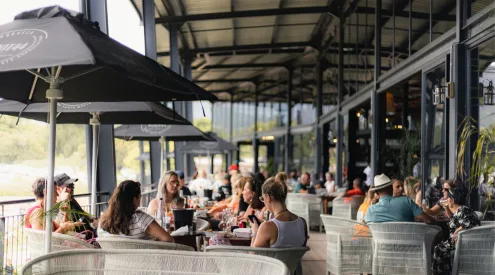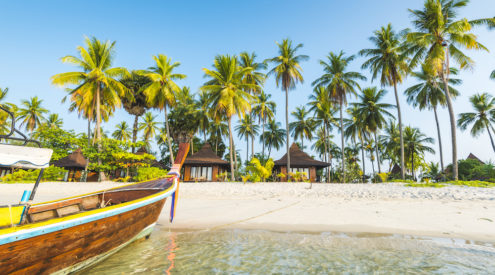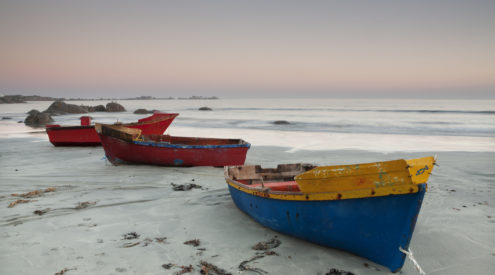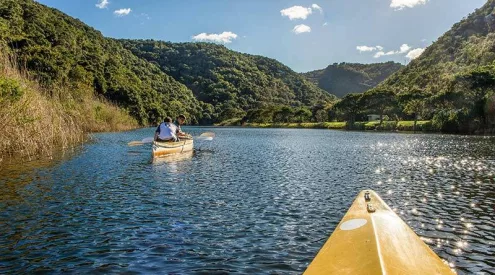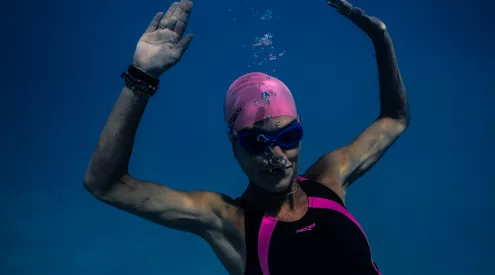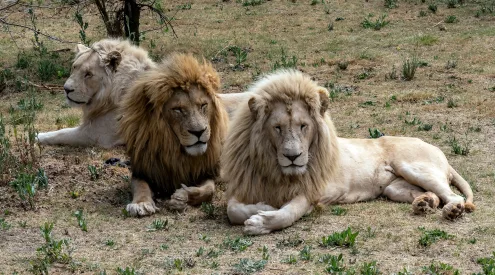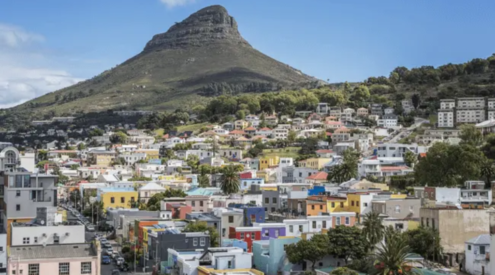The majority of litter on South African beaches is made up of the ever-increasingly notorious plastics. These include straws, cutlery, takeaway food containers, coffee cups, shopping bags, water bottles, earbuds, sucker sticks and individual sweet wrappers. Beside the eye-sore of litter, plastic has had a devastating impact on marine creatures.
Some countries have banned plastics due to the high volume of plastic litter that negatively affects the environment. South Africa is lagging when it comes to legislating against single-use plastics, however according to Reuters, retail chain Woolworths has announced that from November 2018 it will run a trial by not offering any plastic bags at its Steenberg store in Cape Town. Customers will either have to bring their own bags or pay R5.50 for a reusable bag.
It’s a start in the right direction, however here’s a list of some countries and cities that have already banned the use of plastic bags and other single-use plastics entirely:

Image captured by WWF SA
1. Kenya
In August 2017, the usage of plastic bags was completely banned in Kenya. If anyone is found selling, producing or even carrying any kind of plastic bag they could face up to 4 years imprisonment or a hefty fine of up $40,000 (around R585,000).

Image by Daily Maverick
2. Rwanda
Rwanda has the right to be called the world’s first plastic free nation, 10 years after introducing a ban on all plastic bags and plastic packaging, in 2008. If you are caught with a plastic, you will get a jail sentence for up to six months and on entering a border post, your vehicle will be searched and any plastic bags or packaging confiscated before you enter the country.
3. Morocco
Morocco was the second largest consumer nation of plastic in the world after the United States. A plastic ban was signed into law in July 2016. Despite the enforced law, many people still continue to use plastics illegally. These plastics are distributed by smugglers.
Also read: 6 alternatives to sipping through plastic
4. Taiwan
Taiwan introduced a ban restricting the usage of plastic bags, straws, plastic utensils and cups in February 2018.

Image from Greenpeace
5. New Delhi
Due to the illegal burning of plastics at rubbish dumps, India implemented the plastic ban in 2017. The burning of plastic, affected the air immensely creating the worst air quality in the world.
6. France
In 2015, France announced a ban on plastic bags. The following year, the country banned the usage of plastic cups, plates and cutlery.
7. Montreal
In the past Montreal, Canada used around two billion plastics items each year. The banning of plastics law kicked off there this year with fines of up to $1 000 if you’re caught using all types plastic.

Image captured by WWF SA
Here’s a challenge for you
So what can we do to play our part in making sure our waters are protected? Get involved through these South Africa initiatives.
1. Join in the plastic detox campaign run by Plant the Seed. This campaign challenges individuals to be more cautious about their plastic consumption and disposal habits. You can sign up here.
2. Join the World Wildlife Fund SA by making your pledge to use less plastics. Sign up here
If you found yourself taking a leisurely stroll on one of SA’s gorgeous beaches, you’re likely to come face-to-face with our plastic waste reality. These top offenders are likely to greet you along your route. #uselessplastic #postplastic pic.twitter.com/fGzrsROyb4
— WWF South Africa (@WWFSouthAfrica) October 10, 2018
Also read: Galapagos Islands ban more plastics


